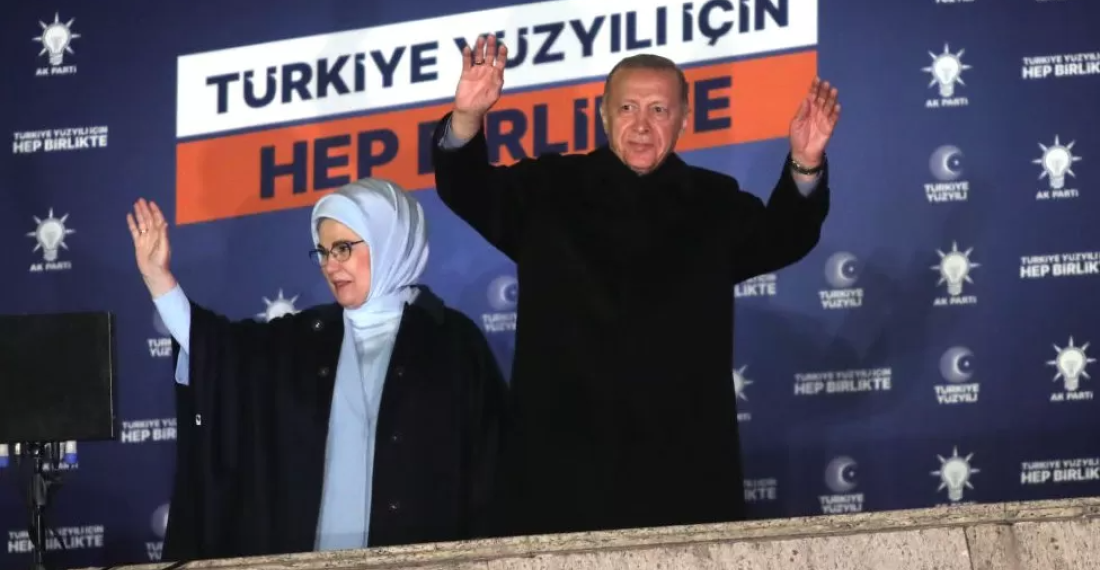Turkey's highly anticipated presidential election held yesterday (14 May) has left incumbent President Recep Tayyip Erdogan falling short of securing the necessary votes for a first-round victory.
Despite polls having predicted an initial first round victory for Erdogan’s challenger Kemal Kilicdaroglu, the outcome sets the stage for a runoff between the two, the outcome of which may have huge implications for Turkey's political landscape and its role on the international stage. The second round will take place on 28 May.
Erdogan, who has been either Prime Minister or President for 20 years, failed to reach the required 50% of votes in the first round to declare outright victory. With 97.95% of votes counted, Erdogan secured 49.34%, while Kilicdaroglu garnered 44.99%, according to state-run Anadolu news agency. The third candidate, Sinan Ogan, received 5.28% of votes
This election marks a significant test for Erdogan, who has faced economic challenges and criticism regarding the government's handling of the earthquake on 6 February. Kilicdaroglu on the other hand fronts a coalition of six parties who are seeking to oust Erdogan with promises to address economic issues and restore democratic institutions.
Throughout the election, Erdogan was confident in securing a clear victory, however Kilicdaroglu has since accused Erdogan's party of demanding recounts and delaying results in opposition strongholds.
According to CNN, Kilicdaroglu has said, “if our nation says second round, we gladly accept it. We will absolutely win this election in the second round. Everyone will see that.”
The result of the runoff election in Turkey will be hugely significant, not just for the country but also for the broader geopolitical landscape. As a key NATO ally and regional power, Turkey's political trajectory has implications for the region. Indeed, the election has been closely observed by the international community, particularly in Russia and Europe, with whom incumbent President Erdogan both has ties.
source: commonspace.eu with agencies
photo: Getty Images






